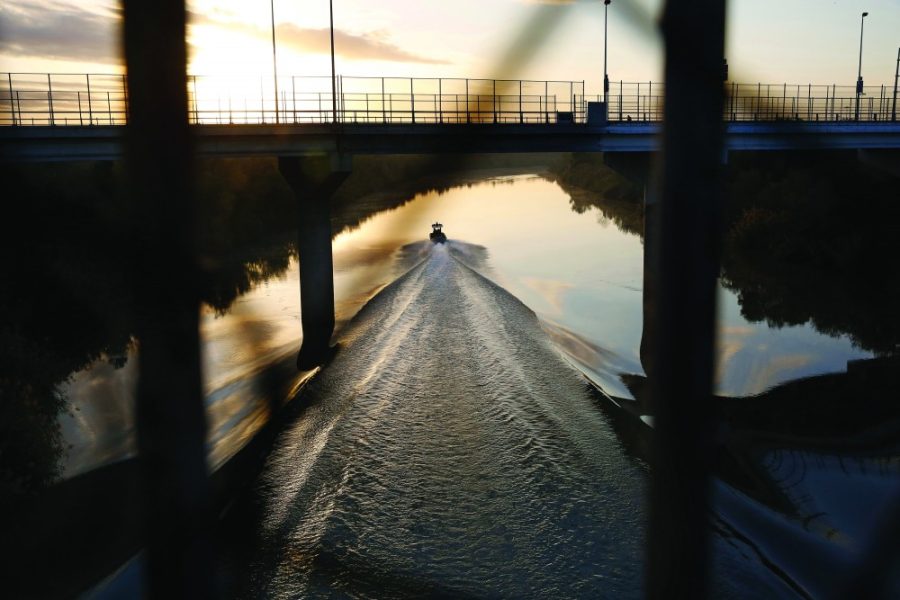On February 15th, President Donald Trump declared a national emergency at our border with Mexico, citing the surging number of illegal immigration and the inability of the Border Patrol to control the flow of people into the country without emergency funding. Now two months later, the border city of Yuma has followed suit, with Mayor Douglas Nicholls declaring that the sheer number of migrants dropped off by Border Patrol within the city is overwhelming the resources the city has at its disposal. But unlike President Trump’s declaration of a state of emergency to push for harsher border policing and a border wall, Yuma’s declaration is based around a national policy that punishes border cities unjustly.
RELATED: OPINION: Looking forward, after graduation
Donald Trump’s focus on the border is his big issue; it is what separates him from previous presidents, both Democrat and Republican. While President Obama oversaw heightened border arrests and increased Border Patrol funding, he ultimately supported the DACA act and attempted to encourage comprehensive immigration reform, albeit unsuccessfully. And President George W. Bush, the most recent Republican president before Trump, attempted to push forward a path for citizenship for the then 12 million illegal immigrants through an unsupportive Congress. When Trump began to face blowback against his campaign for a border wall and a stronger Border Patrol, he took the situation into his own hands and declared a state of emergency to have access to emergency funds to oversee his programs without direct congressional oversight.
The effect this has had on border cities can be seen in Yuma, where border arrests, community releases and heightened pressure to get on board with the national policy is driving city budgets into the ground. Just this month, some 1,000 migrants were detained near Yuma, with Border Patrol telling Yuma to prepare for mass migrant interning within the city despite major overcrowding and underfunding. As Customs and Border Protection said itself, “for the first time in over a decade, CBP is performing direct releases of migrants when ICE is unable to provide bed space to relieve overcrowding,” meaning that the hawkish border policy pursued by the federal government is forcing cities on the frontlines to face the brunt of the costs and consequences.
RELATED: OPINION: Commencement is worth it!
When Mayor Nicholls declared a state of emergency, he emphasized, “We are not anticipating large-scale crime issues. We are not anticipating situations that would make Yuma a dangerous place,” highlighting that migrants held or released in Yuma are in family units and have both background and health checks. Instead, the purpose of his declaration was to encourage the state and federal government to step up to the plate and provide the funding necessary to oversee their goals while avoiding a mass humanitarian crisis. The pursuit of an intensive and restrictive border policy results in mass detentions, deportations, housing and aid programs, and so far the federal government has been forcing border cities to foot the bill.
At the moment, the Trump administration is manufacturing a greater crisis at the border than existed before and is isolating itself from Congress to avoid oversight. As arrests rise to levels that are now exceeding Obama’s numbers, who Pew reported oversaw the peak of illegal immigration before a slow and steady decline, Trump’s border policies are creating overcrowding, lack of supplies, food shortages and undermanned detention centers. When we look at the statewide financial conditions of the border cities forced to fit President Trump’s bill, Yuma’s declaration of a state of emergency begins to make sense. The White House has to make up its mind; if it is going to pursue an arrest-heavy, detention-focused and restrictive border policy, it has to provide funding and leadership for local border communities or we will be faced with a man-made humanitarian crisis worse than anything illegal immigration would have otherwise brought.
Alec Scott is a Junior studying International Relations and German Studies who volunteered for the 2014 Ron Barber Congressional Campaign









